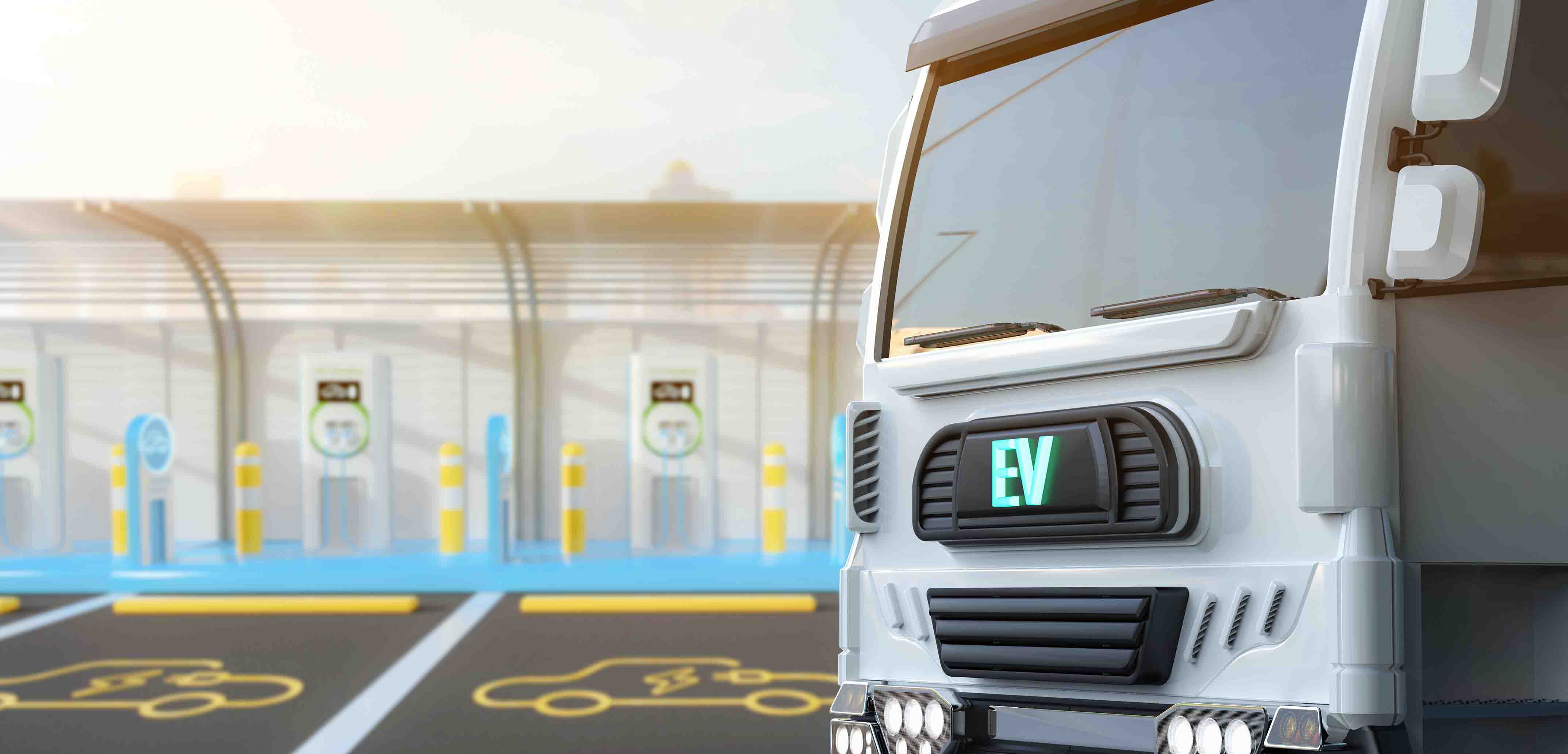
Why are EVs Gaining Tremendous Momentum?
Why are EVs Gaining Tremendous Momentum?
The transport industry is continuously evolving, leading to a complete overhaul of the benchmarks governing logistics and deliveries. Enterprises are increasingly attentive to the vehicles and methods employed in their delivery operations, striving for optimal efficiency and effectiveness. In recent times, EVs are becoming more prominent, giving an environmentally friendly and efficient solution that is reshaping supply chains.
Rapid Surge in Electric Vehicles
Data from the transport department reveals a notable surge in electric vehicle (EV) sales within Delhi during the initial half of the current fiscal year, with a remarkable 20 % increase compared to the corresponding period in the previous year. In stark contrast, the sales of diesel-powered vehicles have seen a substantial decline, plummeting by over 24 % during the same timeframe. This downturn in diesel vehicle sales can be attributed to their elevated costs and the growing awareness of their adverse environmental repercussions (source).
Reducing Carbon Footprint
EVs offer an exceptional means of addressing road pollution and enhancing the financial performance of one’s business. Unlike their fuel-powered counterparts, EVs emit significantly less carbon dioxide into the atmosphere, resulting in a notable improvement in air quality. Furthermore, they prove to be considerably more cost-effective to maintain over time. In the realm of logistics, electric vehicles exhibit remarkable versatility and are well-suited for a wide array of freight transportation and parcel delivery needs. One of their standout advantages lies in their ability to convert more than 77% of the electrical energy drawn from the grid into usable power at the wheels. In stark contrast, conventional gasoline vehicles are far less efficient, converting only about 12% to 30% of the energy stored in gasoline into actual power at the wheels. This marked disparity underscores the sustainability and efficiency benefits that EVs bring to the table.
EVs excel in the domain of last-mile delivery, primarily owing to their exceptional agility and minimal carbon footprint. They play a pivotal role in fostering pollution-free mobility, significantly reducing carbon emissions, and proving invaluable in densely populated city centres, urban areas, and even indoor environments. In congested, stop-and-go city traffic, EVs stand out for their efficient energy utilisation. Their absence of an exhaust system ensures a smooth and noiseless operation, thereby reducing both air and noise pollution. This combination of attributes renders them as a highly compelling choice for high-priority courier services, offering top-tier performance and unmatched convenience.
Cost Savings
EVs offer companies the prospect of generating substantial added value by fostering continuous cost savings in operations and maintenance, enhancing the efficiency of delivery service routes, and offering a platform to bolster their brand presence. As numerous logistics enterprises aim for more effectiveness, efficiency, and reliability in their delivery services, they have increasingly recognized the advantages of EVs as a pioneering and environmentally sustainable long-term investment.
According to a report by NITI Aayog and the Rocky Mountain Institute, India has the potential to slash its logistics expenditures by 4% of its GDP and curtail carbon dioxide emissions by a remarkable 10 gigatons between 2020 and 2050 by adopting clean technologies, with a particular emphasis on electric vehicles. Among the substantial benefits electric vehicles bring to the logistics sector, a notable reduction in fuel and maintenance expenditures stands out prominently. Charging an electric vehicle proves significantly more cost-effective compared to the expense of filling a diesel or petrol tank.
With the increased deployment of EV charging stations, the popularity of EVs is expected to surge. Furthermore, EVs have a simpler mechanical design with fewer moving components compared to conventional vehicles, resulting in reduced maintenance expenses. As a result, they emerge as highly cost-effective alternatives for last-mile logistics within supply chains. The straightforward structure of EVs also facilitates seamless integration with modern technologies for fleet tracking and optimization. Implementing a robust tracking system and optimization measures can effectively mitigate costs linked to last mile logistics, providing an efficient and economical solution for businesses.
Final Thoughts
Industry experts anticipate that EVs will fundamentally reshape the automotive landscape, fostering mutually beneficial relationships with suppliers. The adoption and utilisation of them will have a positive impact on local manufacturing, leading to the creation and retention of a greater number of jobs. EVs operate on an electric motor powered by a battery, rather than a traditional internal combustion engine, relying on advanced semiconductors, sensors, and other electronic components.
The production of batteries for EVs necessitates the acquisition and refinement of essential raw materials, like lithium, nickel and cobalt. Additionally, the introduction of new composite materials has ushered in the era of lighter vehicles, thereby extending the range and efficiency of EV batteries. Lightweight construction is particularly critical for EVs as it significantly extends the range achievable on a single battery charge. This is primarily because a lighter vehicle demands less energy to operate, thereby enabling more efficient utilisation of the stored energy within the battery.
Moreover, adept EV management plays a pivotal role in ensuring that these vehicles operate at their maximum capacity. In this regard, Roadcast tech solutions offer a comprehensive approach to efficient EV management and sustainable logistics operations. By seamlessly integrating Battery Management System (BMS) and other cutting-edge technologies, Roadcast enhances last-mile logistics operations, contributing to a greener and more efficient transport ecosystem.
The Indian government has rolled out a range of incentives to encourage the adoption of EVs, encompassing subsidies and tax concessions. These incentives stand to provide valuable financial relief for logistics firms, potentially helping to offset the initially higher acquisition costs. The electric vehicle industry in India is currently on an upward trajectory, garnering increasing prominence and support from government initiatives such as FAME-II, the PLI scheme, and the PMP scheme, among others. We look forward to delving into these initiatives in greater detail in our upcoming blogs. Stay tuned for more tech related insights!